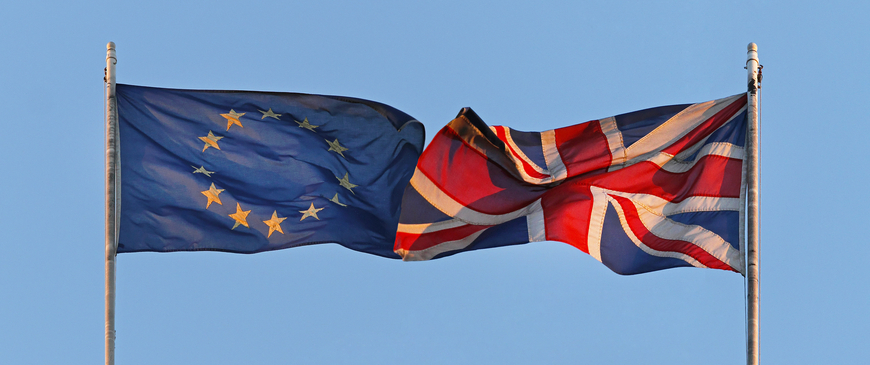
How to get to an EU-UK security pact
The UK’s EU reset is fully underway. The European Political Community summit in Blenheim was the perfect platform for Keir Starmer to present the UK as a key ally to its EU neighbours, and Britain’s leaders have been touring European capitals to grease the wheels of diplomacy.
One of Labour's immediate priorities is clinching a 'security pact' with the EU.
The blurring lines between security and economics, and the EU's growing role in defence, mean that engaging closely with the EU is inevitable for the UK.
Cooperation in countering Russia's war on Ukraine has worked well, but the lack of formal structures for cooperation means it is unclear whether that can be repeated if Britain and the EU had different goals.
Labour has not yet fully fleshed out its vision of a security pact, but foreign secretary David Lammy has said the pact should entail co-operation with the EU on a broad range of issues, from foreign policy to defence, energy and climate, health, migration and critical minerals. Regular meetings between ministers and senior officials would intensify dialogue and help the two sides identify opportunities to align their policies.
A pact could also help mitigate the UK-EU ‘defence gap’ that has emerged as the EU’s involvement in defence has deepened, with the launch of instruments like the European Defence Fund and Permanent Structured Co-operation.
In principle, the EU is open to closer cooperation with the UK, and EU Commission president Ursula von der Leyen included it as part of her political priorities.
EU citizens in UK
However, the commission maintains that existing issues with the implementation of the Withdrawal Agreement, for example on the rights of EU citizens in the UK, need to be resolved for Britain to have a better relationship.
The risk is that security cooperation will be held hostage to broader issues in the EU-UK relationship, and that the current rapprochement will grind to a halt.
To avoid that, the EU and the UK should move quickly to set the right foundations for closer security co-operation. Rather than getting stuck in negotiations over a legally-binding agreement that would require ratification in member-states, they should quickly agree on a joint declaration to deepen co-operation.
A joint declaration could be issued at a UK-EU summit in early autumn.
The two sides would commit to deepening co-operation and immediately set up consultative structures in the form of an annual summit and regular meetings between ministers and officials.
In principle, it would make sense for dialogue to be broad, covering issues such as climate and energy policy, migration, health and supply chains.
However, many EU policy-makers are sceptical of the idea of including issues that do not belong to foreign policy proper in the pact.
Easiest solution
The easiest solution would be for the UK and the EU to agree to establish a dialogue on security and defence issues immediately, while also committing to exploring closer co-operation in areas like energy and migration in the future.
Following a joint declaration, the EU and the UK should focus on harvesting some relatively low-hanging fruit. They should agree to a system of staff secondments between the Foreign, Commonwealth and Development Office and the EEAS.
They should conclude a memorandum on cooperation on sanctions, an administrative agreement between the UK and the European Defence Agency, and a so-called ‘framework participation agreement’, allowing the UK to contribute to EU missions if it wants to.
With these essential elements in pace, co-operation can deepen as relations improve. Consultations can expand beyond security and defence, to issues such as climate and energy, migration and economic security. Closer cooperation on defence is also possible.
Gibraltar grit in oyster
Disagreements between the UK and Spain over Gibraltar have held up the UK’s full participation in the PESCO military mobility project. Once that is fixed, the UK may want to join other PESCO projects. The UK and the EU could also work towards closer UK association with EU defence tools like the European Defence Fund.
The willingness of EU members to involve Britain in defence industrial initiatives will depend on the state on bilateral relations. The UK’s case for involvement would be strengthened if it signalled interest in formal association with the EU’s defence industrial toolbox, arguing that it wants to contribute to strengthening Europe’s defence base.
But full involvement with the likes of the Defence Fund will require a financial contribution by the UK, and there would have to be talks on how to ensure a fair mechanism.
The UK’s idea of a security pact is a genuine offer to improve relations and deepen co-operation on common challenges, and it would be a mistake for EU leaders to see it as the UK asking for favours, or to refuse deeper security co-operation until other disagreements are addressed.
A security pact will naturally evolve over time. The priority now should be putting the right building blocks in place.
